Home / trending / What A Owaisi Said On India Suspending Indus Treaty After Pahalgam Attack
What A Owaisi Said On India Suspending Indus Treaty After Pahalgam Attack
By: My India Times
6 minutes read 36Updated At: 2025-04-25

New Delhi, April 25, 2025 – In the aftermath of the brutal terror attack in Pahalgam that claimed 26 lives, including 25 Indian nationals and one Nepali citizen, the Indian government convened an emergency all-party meeting to chart its response. Among the prominent voices at the gathering was All India Majlis-e-Ittehadul Muslimeen (AIMIM) chief Asaduddin Owaisi, who expressed strong support for retaliatory measures against Pakistan and hailed the government’s move to suspend the Indus Waters Treaty.
The attack, which took place in the scenic Baisaran meadow, has sent shockwaves across the country, evoking memories of the 2019 Pulwama tragedy that claimed the lives of 40 Central Reserve Police Force (CRPF) personnel. This latest assault, targeting unarmed tourists, has reignited the national debate on how to deal with cross-border terrorism and state-sponsored extremism.
Owaisi Stands with Government's Tough Posture
Emerging from the high-level security briefing and policy discussion chaired by top government officials, Owaisi called the decision to suspend the Indus Waters Treaty a "strong and necessary move" in response to repeated acts of terror.
“It is very good that the Indus Water Treaty has been suspended, but we must also think about the technical aspects, like where we will store the water,” he said. “This is not a political issue. This is a matter of national security. I will support any decision that the central government takes to protect the citizens of India.”
Owaisi’s remarks stood out for their unusual alignment with the government’s aggressive stance, as he encouraged further steps to hold Pakistan accountable on international platforms.
Advocacy for Stronger Retaliation
Beyond voicing support for treaty suspension, Owaisi emphasized the need for bolder international action. “The Indian government has the right under international law to take strong measures like an air or naval blockade of Pakistan. We can also push for sanctions on Pakistan’s arms imports and exports,” he said.
The Hyderabad MP demanded a serious re-evaluation of internal security lapses that may have contributed to the deadly assault. "Why was the CRPF not stationed at such a high-tourism location like Baisaran meadow?” he questioned. “And why did the Quick Reaction Team take more than an hour to arrive? These are critical security gaps we must address.”
Calls to Protect Kashmiri Citizens from Backlash
Despite his firm rhetoric on national defense, Owaisi also used his platform to call for restraint and compassion toward innocent Kashmiris. He condemned the rising tide of misinformation and communal hatred that often follows such attacks.
“I strongly oppose the false propaganda against Kashmiris and students from the Valley. They are Indians, and we must not paint all with the same brush. Let us not allow terrorism to divide us further,” he said.
Unity at the All-Party Meeting
The government’s all-party meet saw rare moments of political unity in the face of national tragedy. Besides Owaisi, the meeting was attended by Union Home Minister Amit Shah, BJP National President JP Nadda, External Affairs Minister S. Jaishankar, Union Minister Kiren Rijiju, and Congress President Mallikarjun Kharge. Leader of Opposition Rahul Gandhi also participated, emphasizing that this was not a time for political posturing but for unified action.
According to insiders, the Cabinet Committee on Security outlined multiple options for retaliation and long-term counterterrorism efforts. Though specific measures have not been disclosed, sources say discussions included increasing surveillance at the Line of Control, deploying additional security forces to sensitive zones, and enhancing intelligence-sharing with global allies.
The Horror in Pahalgam
The incident unfolded on Tuesday afternoon when armed terrorists stormed the popular tourist meadow in Pahalgam. Eyewitnesses described scenes of chaos and brutality as gunmen reportedly asked tourists their religion before opening fire.
Of the 26 victims, 13 were women and four were children. Over 30 others were seriously injured, some still in critical condition in Srinagar and Anantnag hospitals. Security agencies say the attackers are linked to Pakistan-based terror groups, though official confirmation is awaited.
A Turning Point in India’s Strategy?
With public outrage boiling and calls for decisive retaliation growing louder, many observers believe this attack could mark a turning point in India’s counterterrorism policy.
“The suspension of the Indus Waters Treaty signals a shift in how India will respond to cross-border terror going forward,” said strategic affairs analyst Lt. Gen. (Retd) Arvind Bhatia. “This isn’t just symbolic. It puts pressure on Pakistan by threatening a key water-sharing agreement. We’re entering a new era of strategic posturing.”
The Indus Treaty Suspension: What It Means
Signed in 1960 under the mediation of the World Bank, the Indus Waters Treaty has long been considered a model of transboundary water cooperation, even surviving wars between India and Pakistan. India controls the eastern rivers (Ravi, Beas, Sutlej), while Pakistan was allocated the western rivers (Indus, Chenab, Jhelum).
By suspending the treaty, India has effectively challenged this long-standing arrangement, hinting it may divert or store water from the western rivers, impacting Pakistani agriculture and hydropower projects.
Former diplomat Vivek Katju said, “This is a pressure tactic to show that India will no longer tolerate provocation without consequence. But implementation will require careful planning and international backing.”
Civilian and Political Reactions
Across India, public mourning has been accompanied by a demand for justice. Candlelight vigils, black armband protests, and social media campaigns have proliferated, all calling for swift retribution and better protection for civilians.
Political parties, by and large, have expressed solidarity. Even opposition figures usually critical of the ruling government have held back on partisan rhetoric, instead demanding transparent investigations and long-term policy changes.
A Dual Challenge: External Threats and Internal Harmony
The aftermath of the Pahalgam attack has revealed the dual challenges India faces—responding strongly to terrorism while preserving internal harmony and avoiding the scapegoating of innocent civilians.
Owaisi’s statements reflect this complex reality. While fiercely advocating for external military and diplomatic pressure, he also urged the nation to stay united.
“The terrorists want to divide us. If we turn against each other, we’re doing their job for them. Let us not allow fear to poison our unity,” he concluded.
Looking Ahead
As investigations continue and security forces track down those responsible, India stands at a crossroads. With pressure mounting for meaningful action, the decisions made in the coming weeks may reshape the country’s national security doctrine, foreign policy, and internal social fabric.
The government is expected to make further announcements soon regarding cross-border strategy, aid for victims, and water resource management under the now-suspended Indus Treaty.
For now, the nation grieves—but it also watches closely, waiting to see whether this moment becomes a catalyst for real change.
....New Delhi, April 25, 2025 – In the aftermath of the brutal terror attack in Pahalgam that claimed 26 lives, including 25 Indian nationals and one Nepali citizen, the Indian government convened an emergency all-party meeting to chart its response. Among the prominent voices at the gathering was All India Majlis-e-Ittehadul Muslimeen (AIMIM) chief Asaduddin Owaisi, who expressed strong support for retaliatory measures against Pakistan and hailed the government’s move to suspend the Indus Waters Treaty.
The attack, which took place in the scenic Baisaran meadow, has sent shockwaves across the country, evoking memories of the 2019 Pulwama tragedy that claimed the lives of 40 Central Reserve Police Force (CRPF) personnel. This latest assault, targeting unarmed tourists, has reignited the national debate on how to deal with cross-border terrorism and state-sponsored extremism.
Owaisi Stands with Government's Tough Posture
Emerging from the high-level security briefing and policy discussion chaired by top government officials, Owaisi called the decision to suspend the Indus Waters Treaty a "strong and necessary move" in response to repeated acts of terror.
“It is very good that the Indus Water Treaty has been suspended, but we must also think about the technical aspects, like where we will store the water,” he said. “This is not a political issue. This is a matter of national security. I will support any decision that the central government takes to protect the citizens of India.”
Owaisi’s remarks stood out for their unusual alignment with the government’s aggressive stance, as he encouraged further steps to hold Pakistan accountable on international platforms.
Advocacy for Stronger Retaliation
Beyond voicing support for treaty suspension, Owaisi emphasized the need for bolder international action. “The Indian government has the right under international law to take strong measures like an air or naval blockade of Pakistan. We can also push for sanctions on Pakistan’s arms imports and exports,” he said.
The Hyderabad MP demanded a serious re-evaluation of internal security lapses that may have contributed to the deadly assault. "Why was the CRPF not stationed at such a high-tourism location like Baisaran meadow?” he questioned. “And why did the Quick Reaction Team take more than an hour to arrive? These are critical security gaps we must address.”
Calls to Protect Kashmiri Citizens from Backlash
Despite his firm rhetoric on national defense, Owaisi also used his platform to call for restraint and compassion toward innocent Kashmiris. He condemned the rising tide of misinformation and communal hatred that often follows such attacks.
“I strongly oppose the false propaganda against Kashmiris and students from the Valley. They are Indians, and we must not paint all with the same brush. Let us not allow terrorism to divide us further,” he said.
Unity at the All-Party Meeting
The government’s all-party meet saw rare moments of political unity in the face of national tragedy. Besides Owaisi, the meeting was attended by Union Home Minister Amit Shah, BJP National President JP Nadda, External Affairs Minister S. Jaishankar, Union Minister Kiren Rijiju, and Congress President Mallikarjun Kharge. Leader of Opposition Rahul Gandhi also participated, emphasizing that this was not a time for political posturing but for unified action.
According to insiders, the Cabinet Committee on Security outlined multiple options for retaliation and long-term counterterrorism efforts. Though specific measures have not been disclosed, sources say discussions included increasing surveillance at the Line of Control, deploying additional security forces to sensitive zones, and enhancing intelligence-sharing with global allies.
The Horror in Pahalgam
The incident unfolded on Tuesday afternoon when armed terrorists stormed the popular tourist meadow in Pahalgam. Eyewitnesses described scenes of chaos and brutality as gunmen reportedly asked tourists their religion before opening fire.
Of the 26 victims, 13 were women and four were children. Over 30 others were seriously injured, some still in critical condition in Srinagar and Anantnag hospitals. Security agencies say the attackers are linked to Pakistan-based terror groups, though official confirmation is awaited.
A Turning Point in India’s Strategy?
With public outrage boiling and calls for decisive retaliation growing louder, many observers believe this attack could mark a turning point in India’s counterterrorism policy.
“The suspension of the Indus Waters Treaty signals a shift in how India will respond to cross-border terror going forward,” said strategic affairs analyst Lt. Gen. (Retd) Arvind Bhatia. “This isn’t just symbolic. It puts pressure on Pakistan by threatening a key water-sharing agreement. We’re entering a new era of strategic posturing.”
The Indus Treaty Suspension: What It Means
Signed in 1960 under the mediation of the World Bank, the Indus Waters Treaty has long been considered a model of transboundary water cooperation, even surviving wars between India and Pakistan. India controls the eastern rivers (Ravi, Beas, Sutlej), while Pakistan was allocated the western rivers (Indus, Chenab, Jhelum).
By suspending the treaty, India has effectively challenged this long-standing arrangement, hinting it may divert or store water from the western rivers, impacting Pakistani agriculture and hydropower projects.
Former diplomat Vivek Katju said, “This is a pressure tactic to show that India will no longer tolerate provocation without consequence. But implementation will require careful planning and international backing.”
Civilian and Political Reactions
Across India, public mourning has been accompanied by a demand for justice. Candlelight vigils, black armband protests, and social media campaigns have proliferated, all calling for swift retribution and better protection for civilians.
Political parties, by and large, have expressed solidarity. Even opposition figures usually critical of the ruling government have held back on partisan rhetoric, instead demanding transparent investigations and long-term policy changes.
A Dual Challenge: External Threats and Internal Harmony
The aftermath of the Pahalgam attack has revealed the dual challenges India faces—responding strongly to terrorism while preserving internal harmony and avoiding the scapegoating of innocent civilians.
Owaisi’s statements reflect this complex reality. While fiercely advocating for external military and diplomatic pressure, he also urged the nation to stay united.
“The terrorists want to divide us. If we turn against each other, we’re doing their job for them. Let us not allow fear to poison our unity,” he concluded.
Looking Ahead
As investigations continue and security forces track down those responsible, India stands at a crossroads. With pressure mounting for meaningful action, the decisions made in the coming weeks may reshape the country’s national security doctrine, foreign policy, and internal social fabric.
The government is expected to make further announcements soon regarding cross-border strategy, aid for victims, and water resource management under the now-suspended Indus Treaty.
For now, the nation grieves—but it also watches closely, waiting to see whether this moment becomes a catalyst for real change.
By: My India Times
Updated At: 2025-04-25
Tags: trending News | My India Times News | Trending News | Travel News
Join our WhatsApp Channel

Similiar News
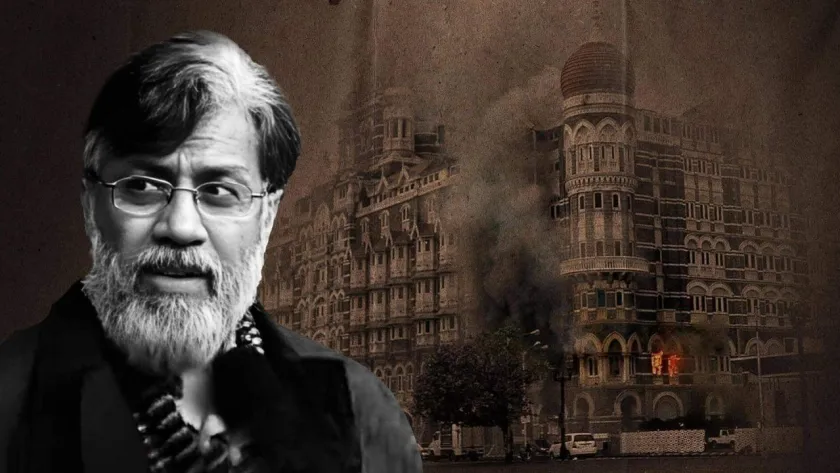
US Supreme Court Rejects 26/11 Accused Tahawwur Rana’s Plea to Block Extradition to India
2025-03-08
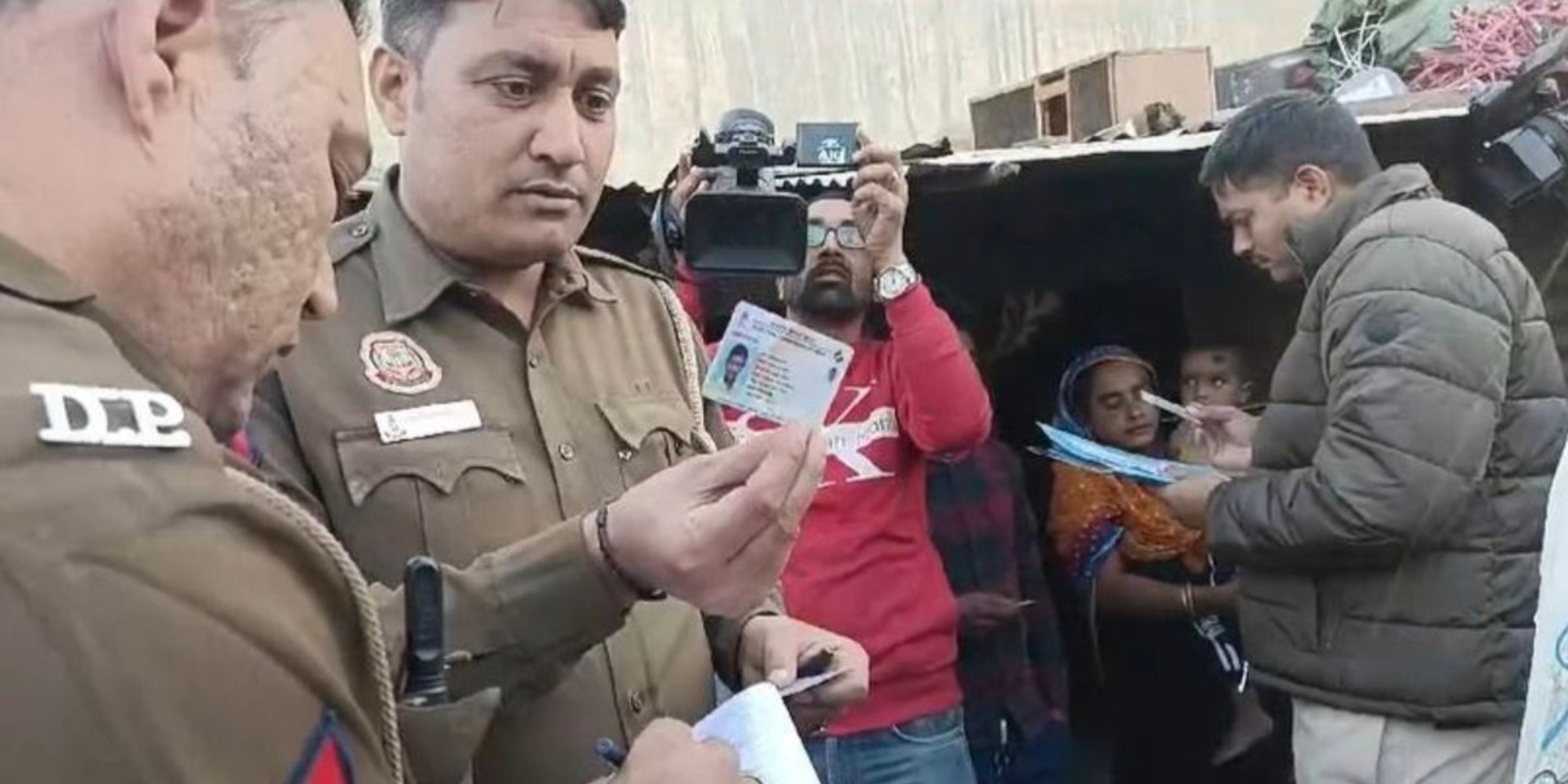


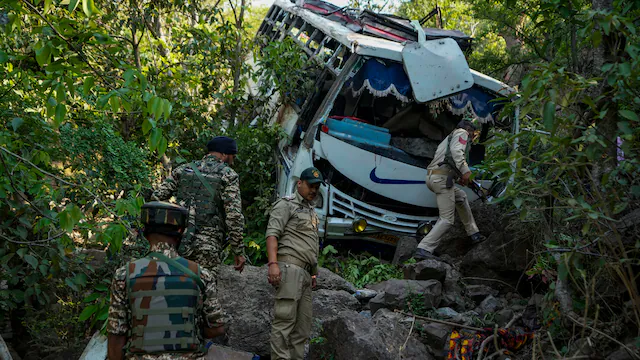















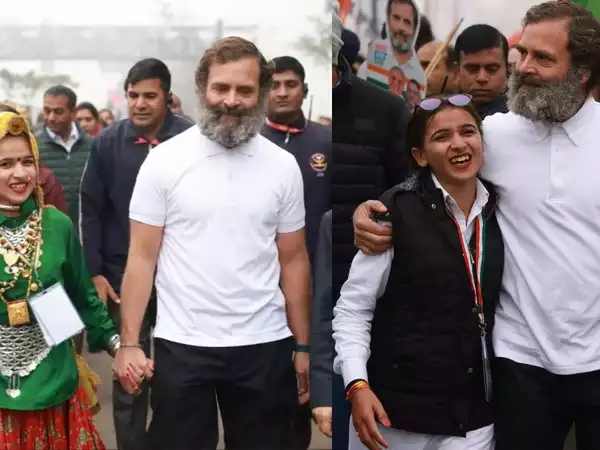


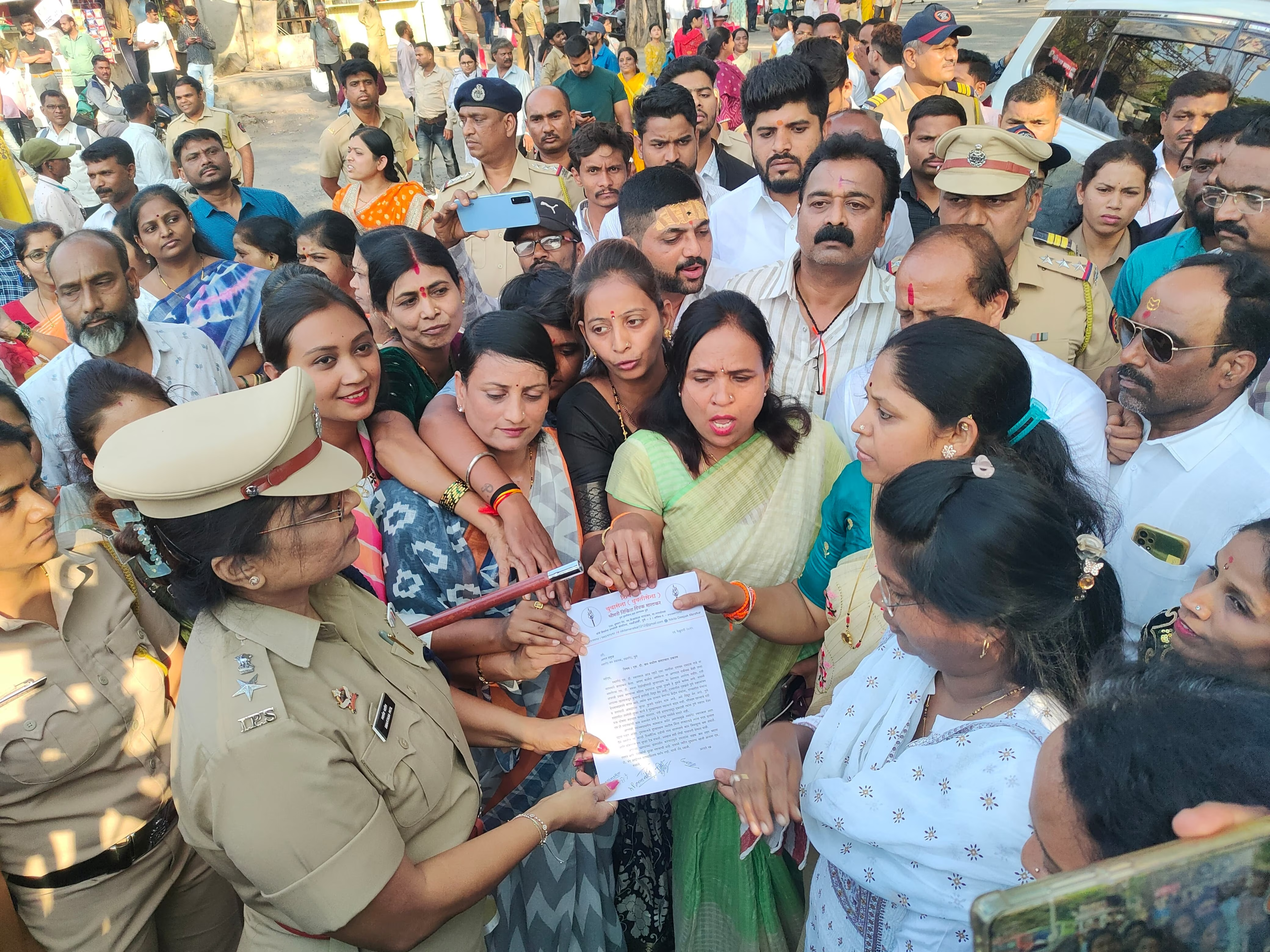

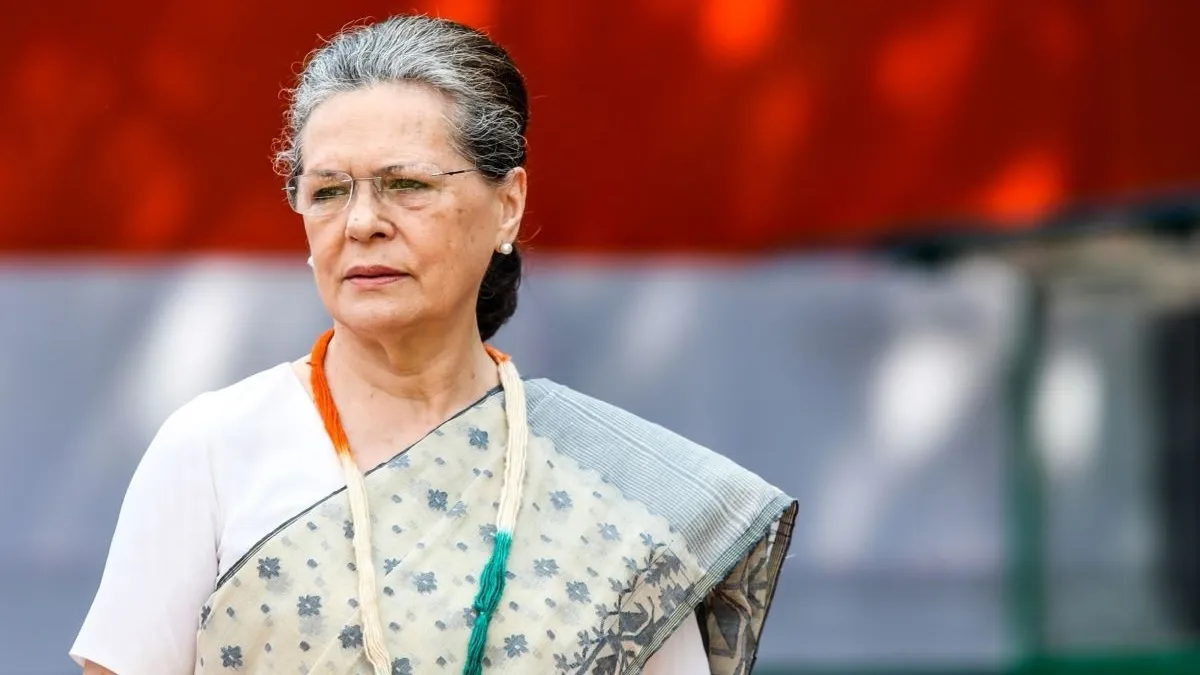
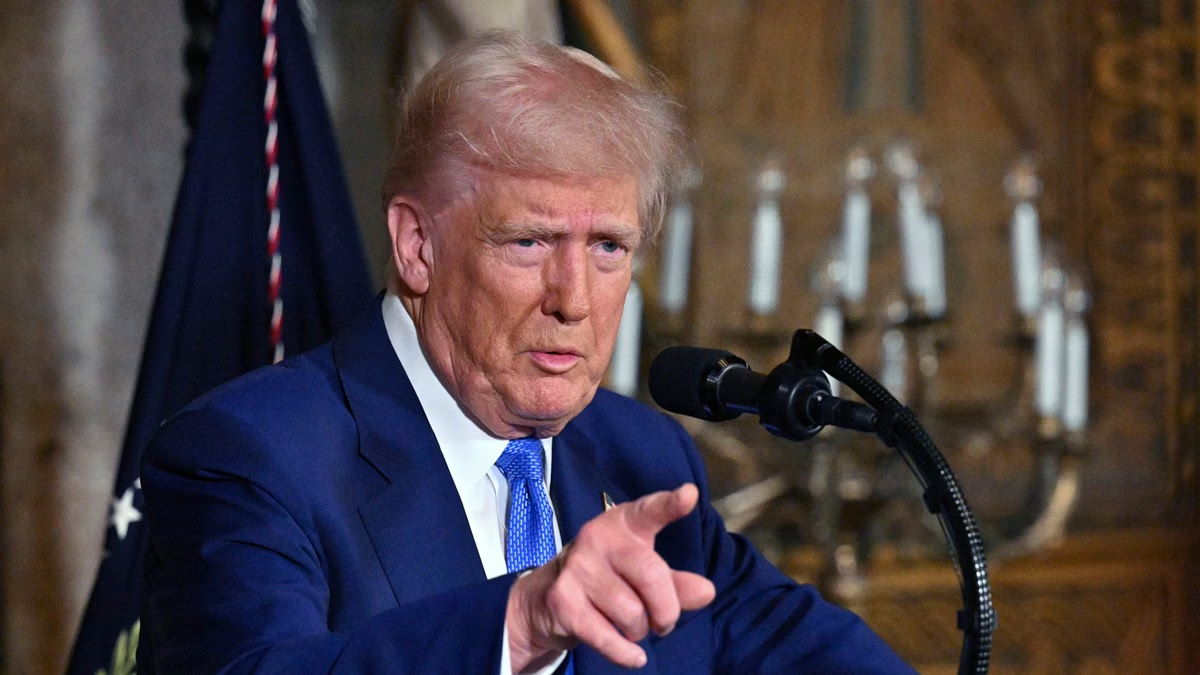
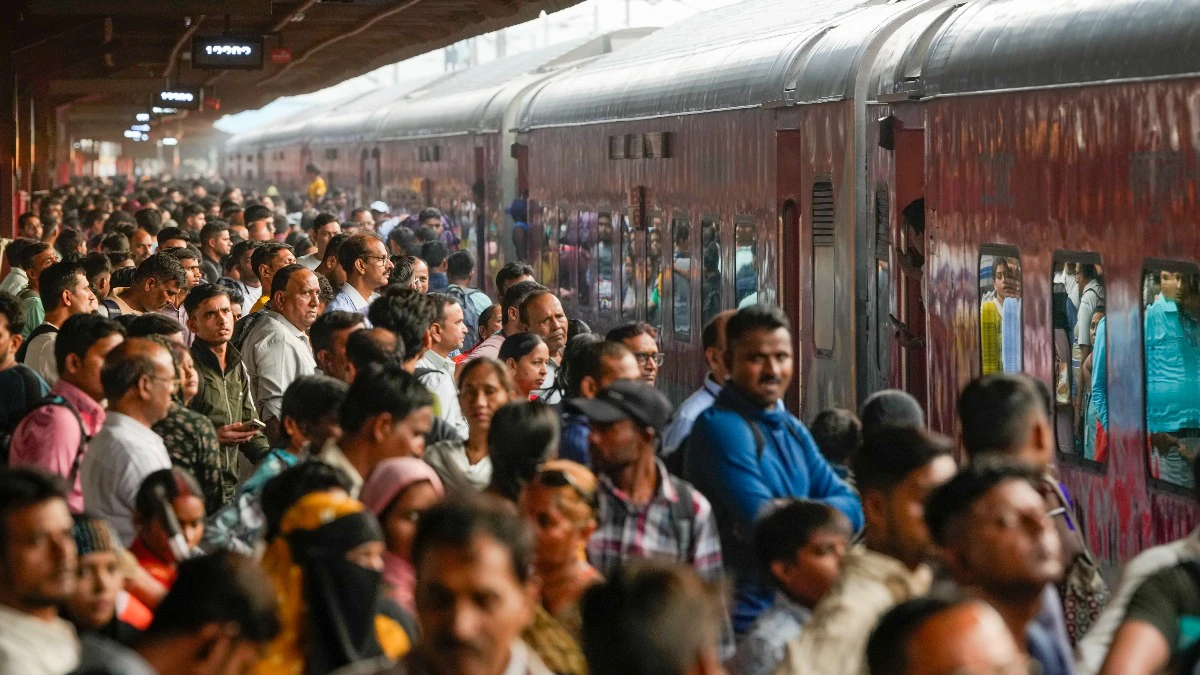
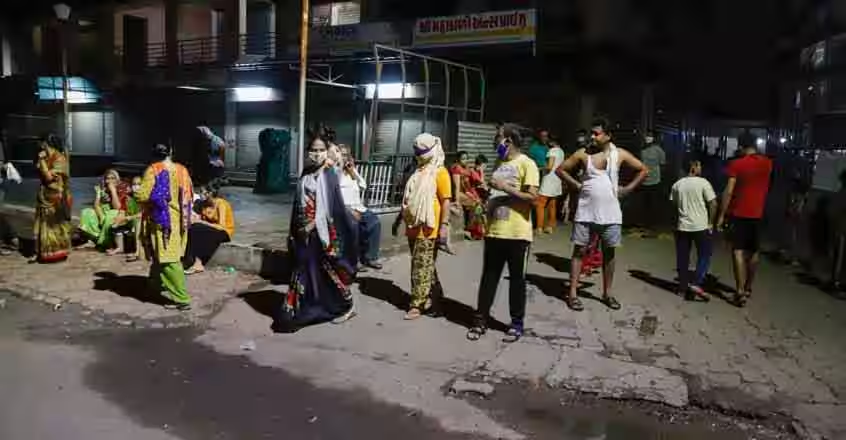








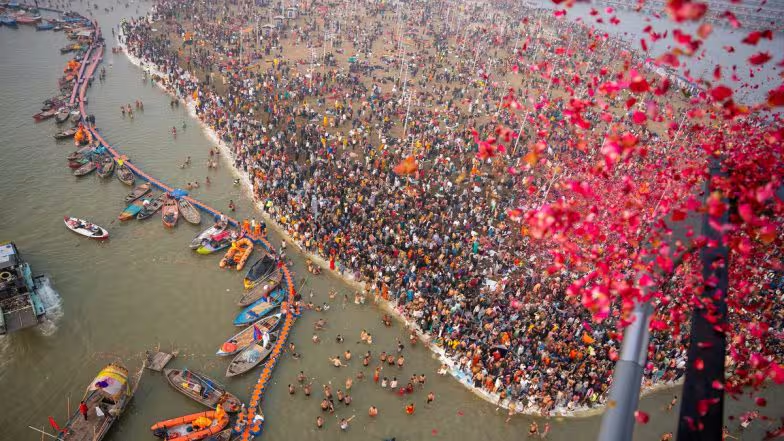


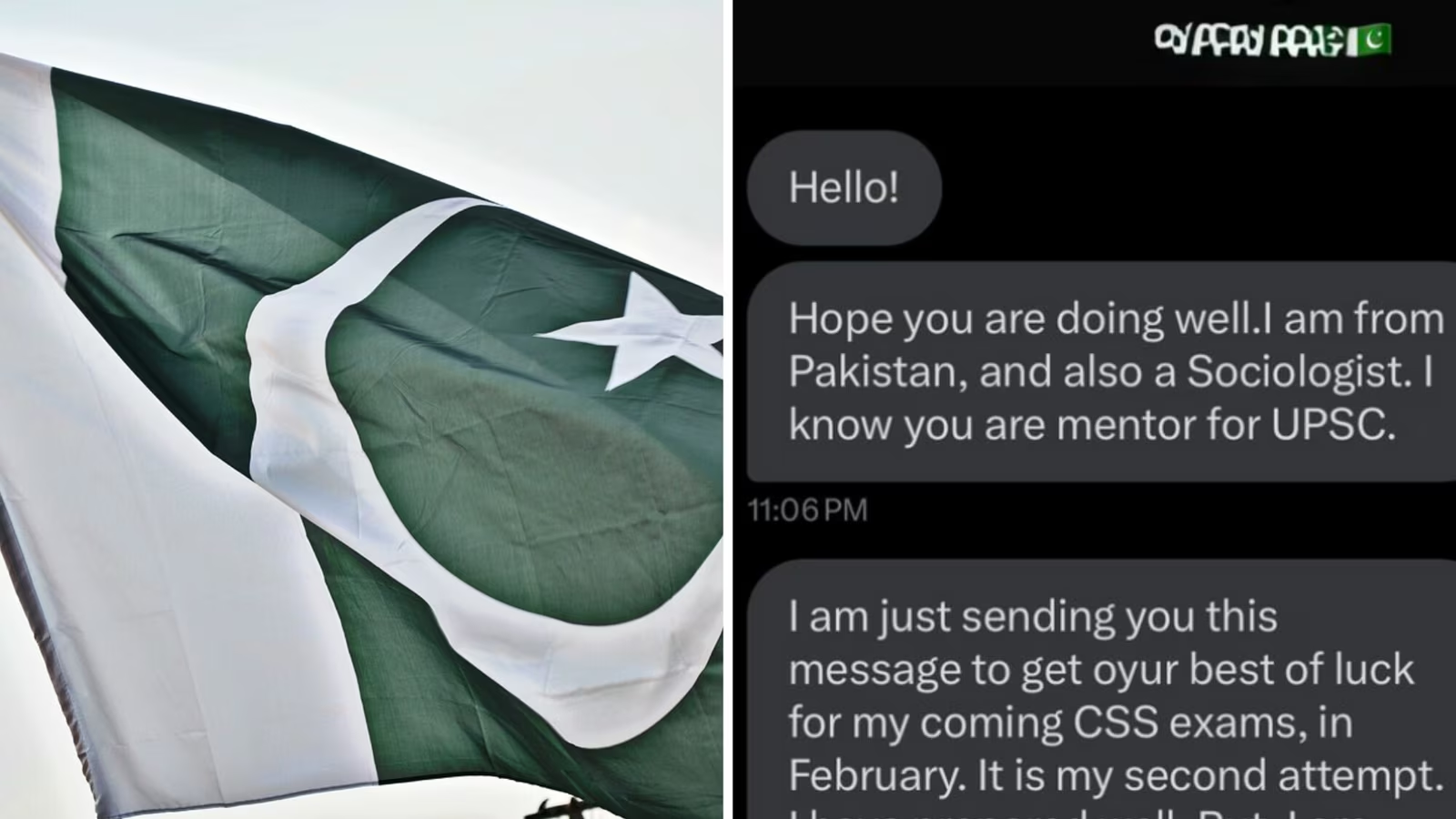
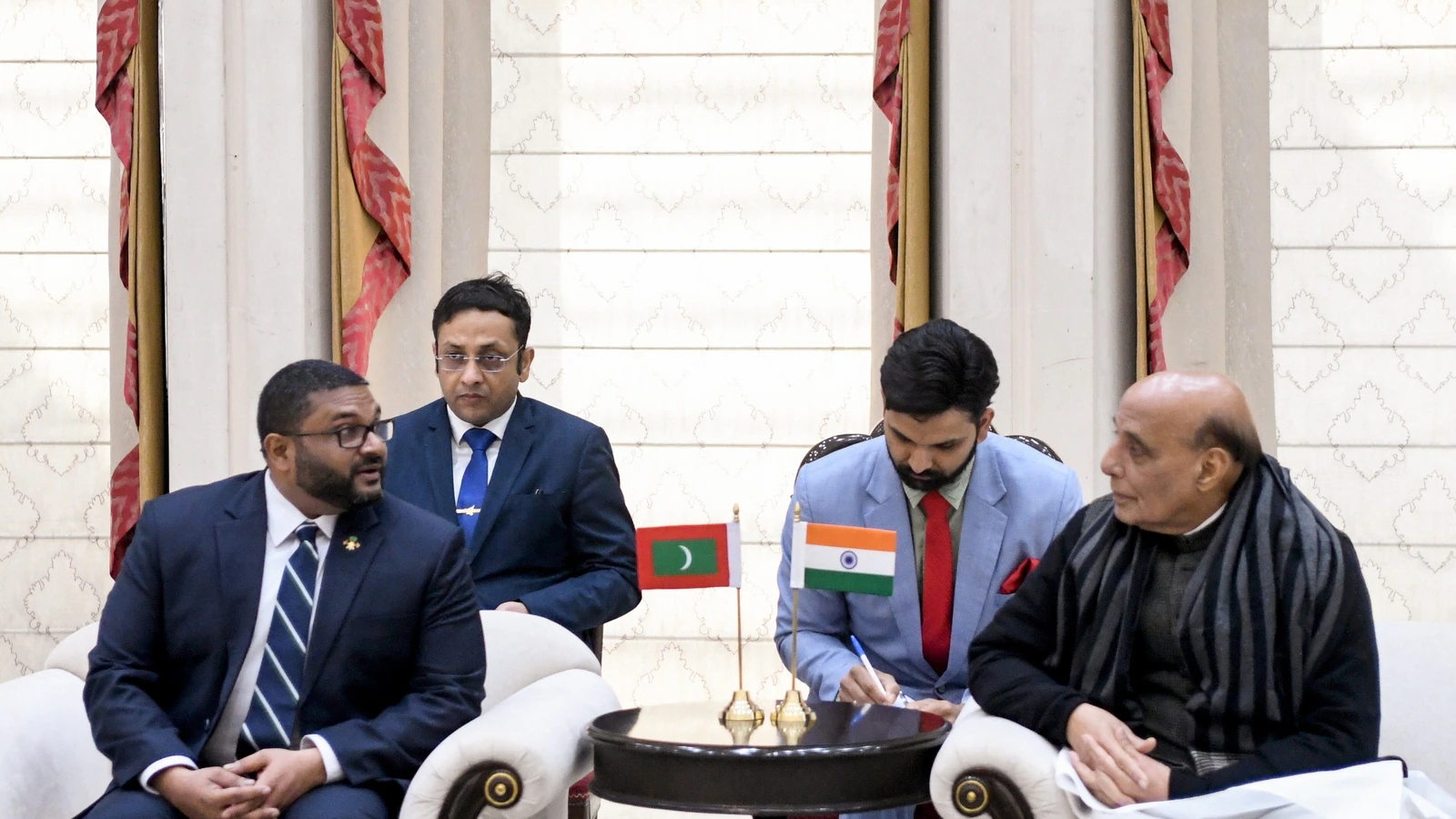

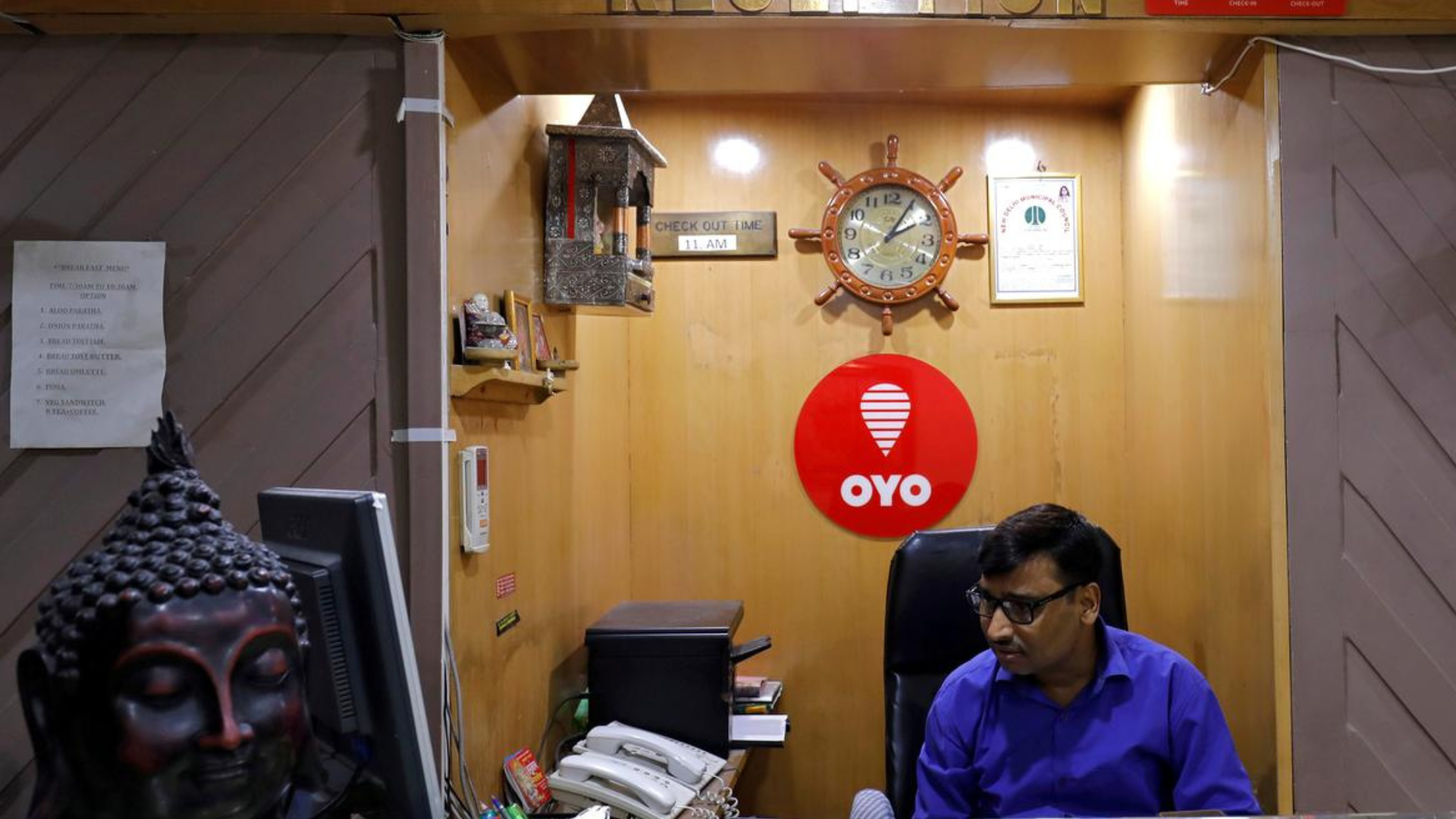
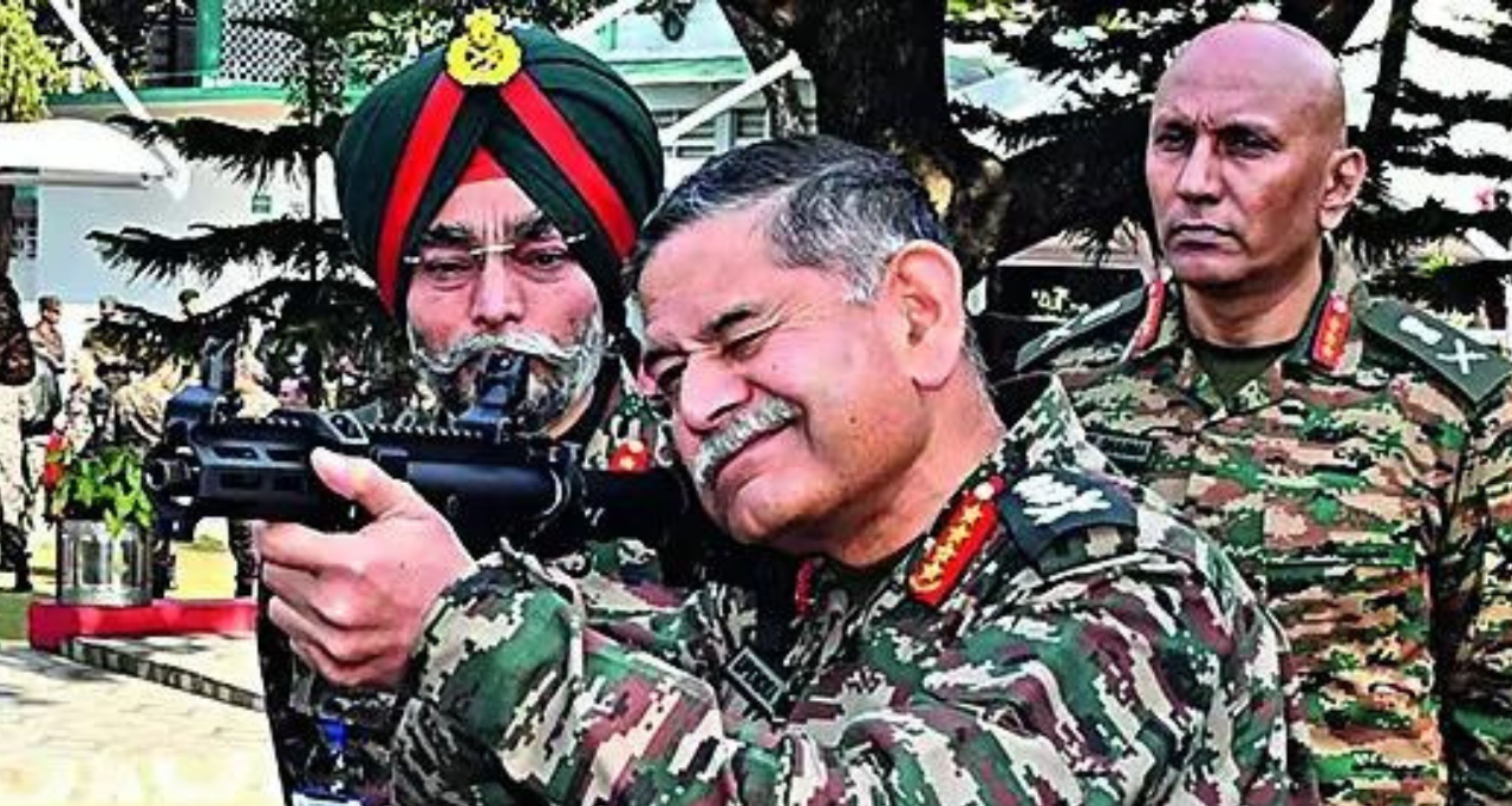
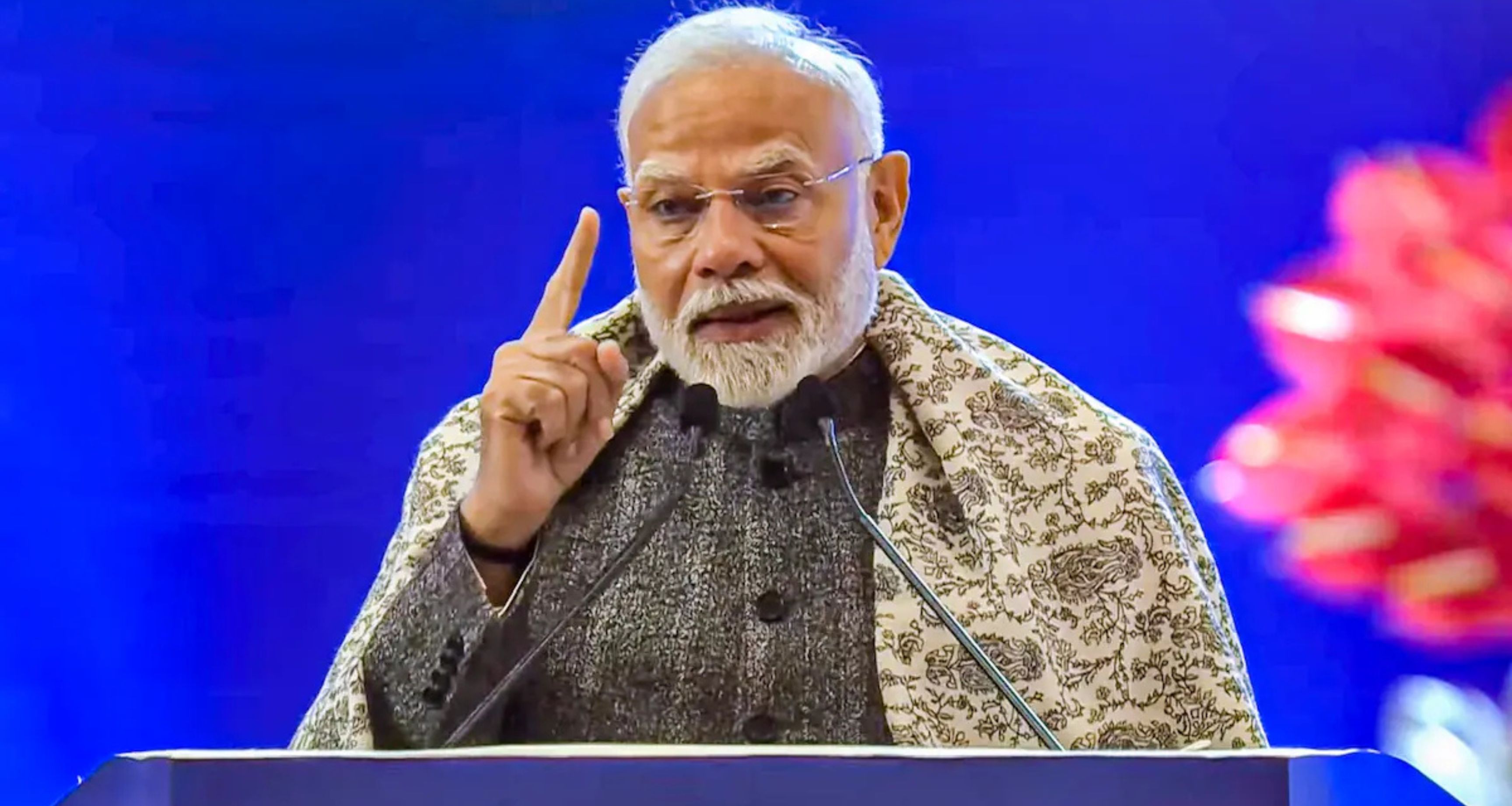
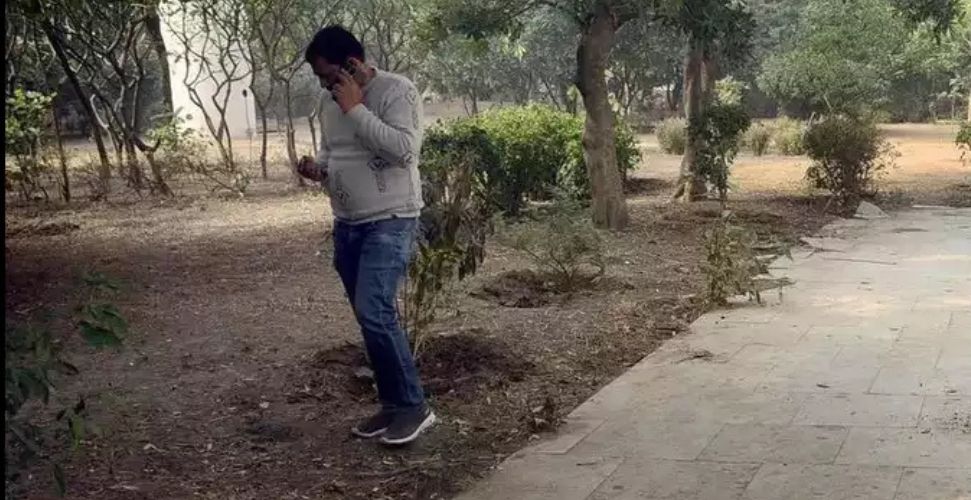

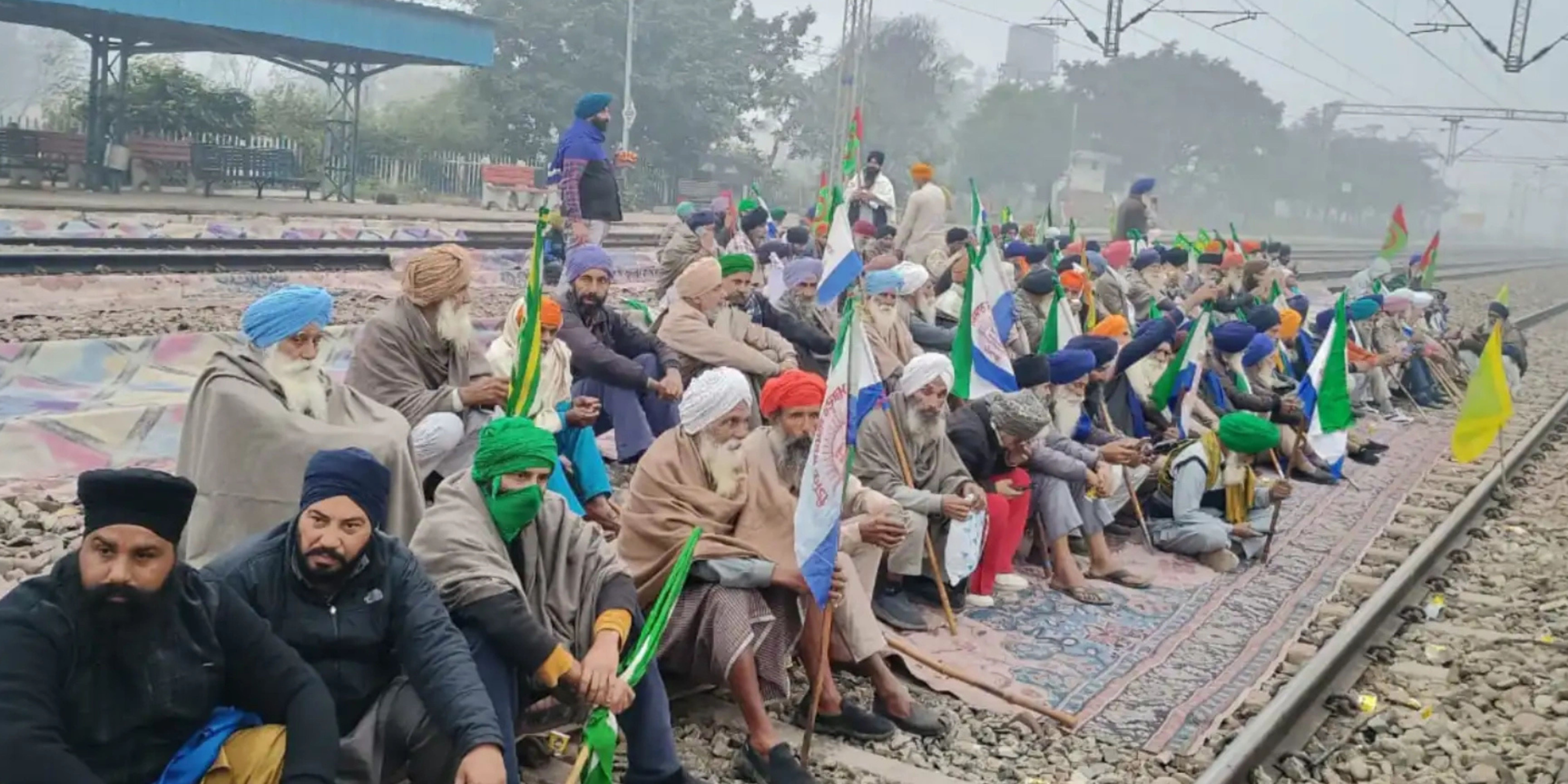
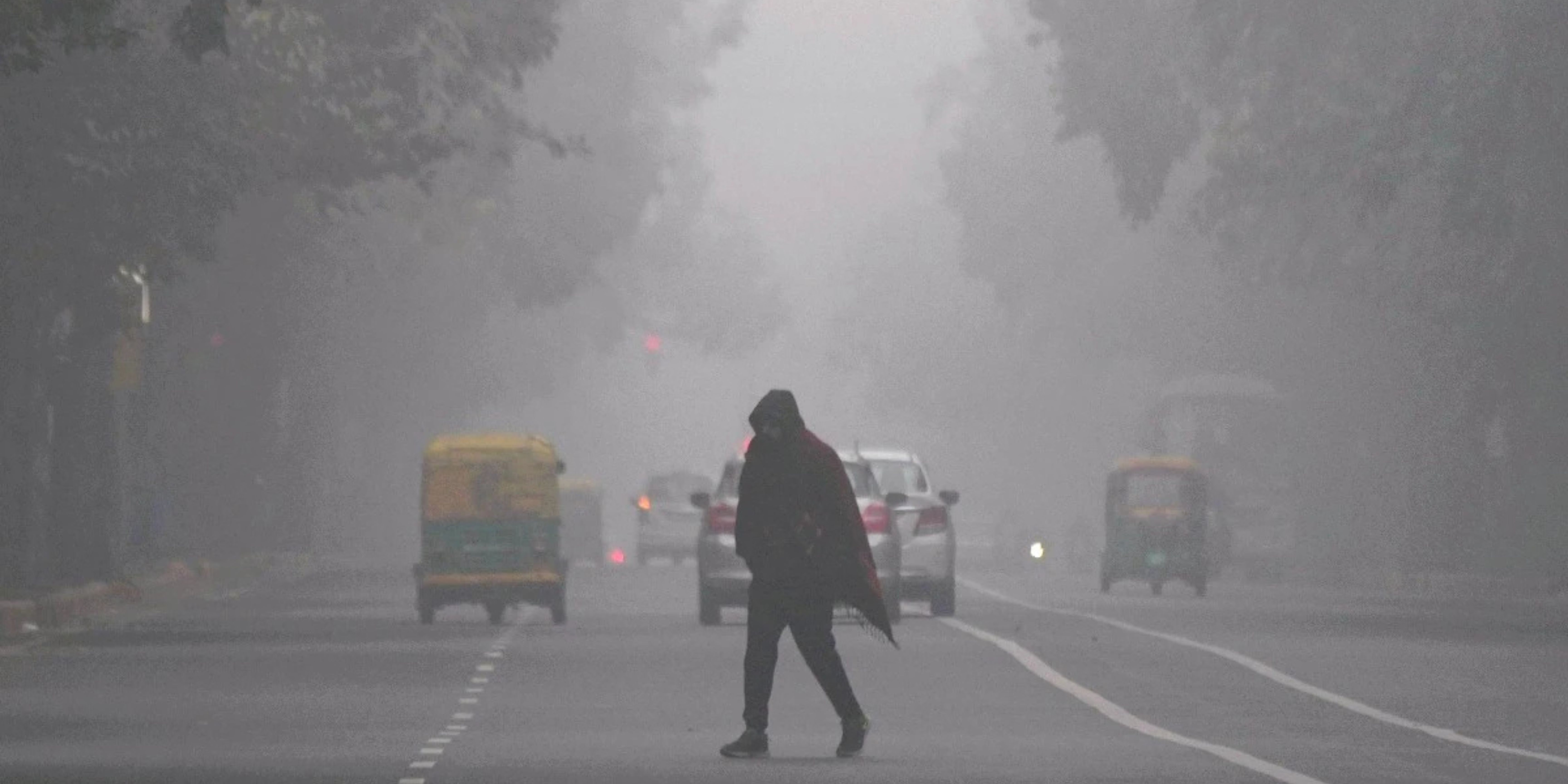

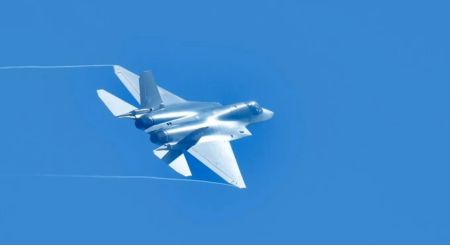


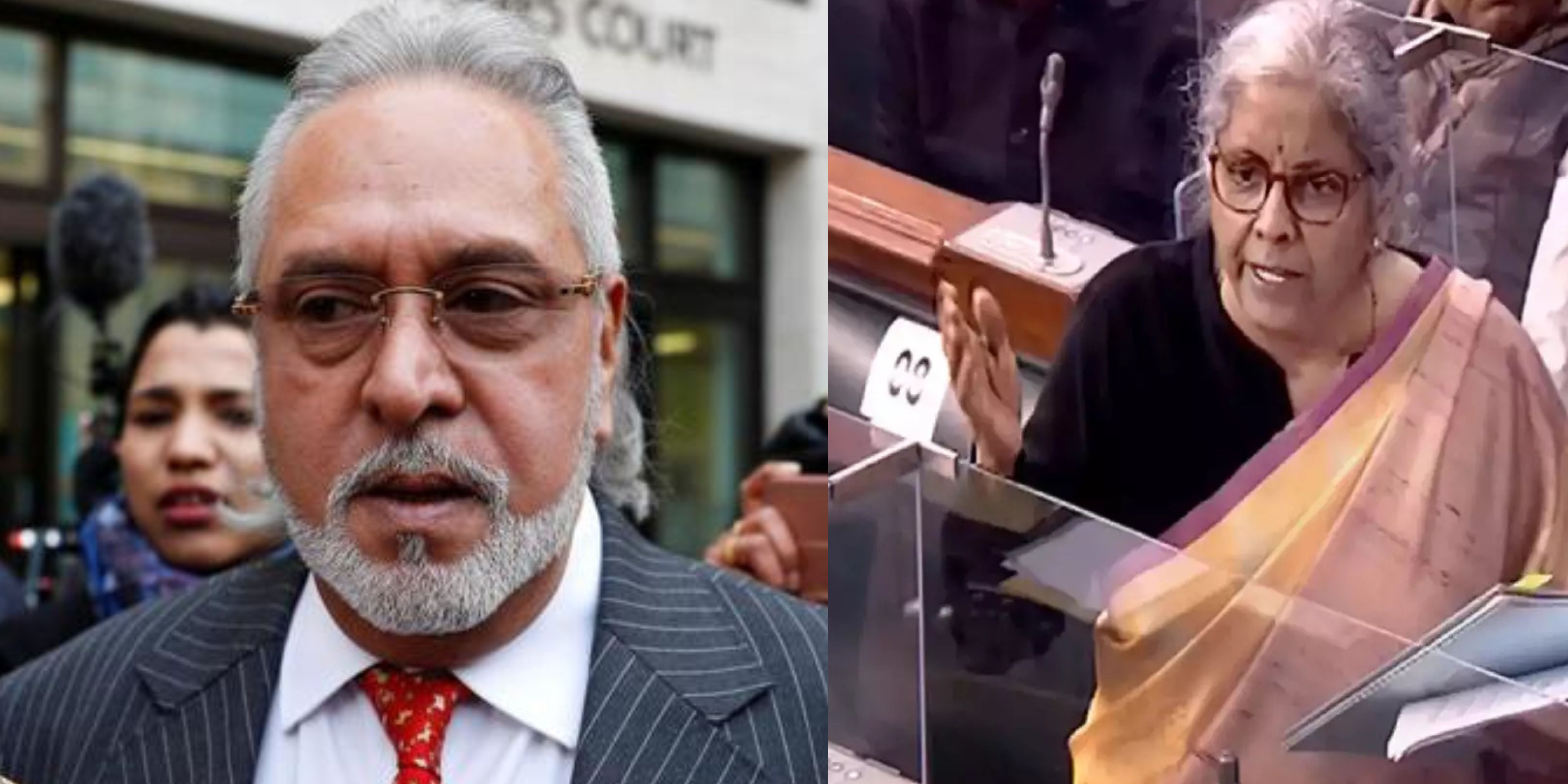

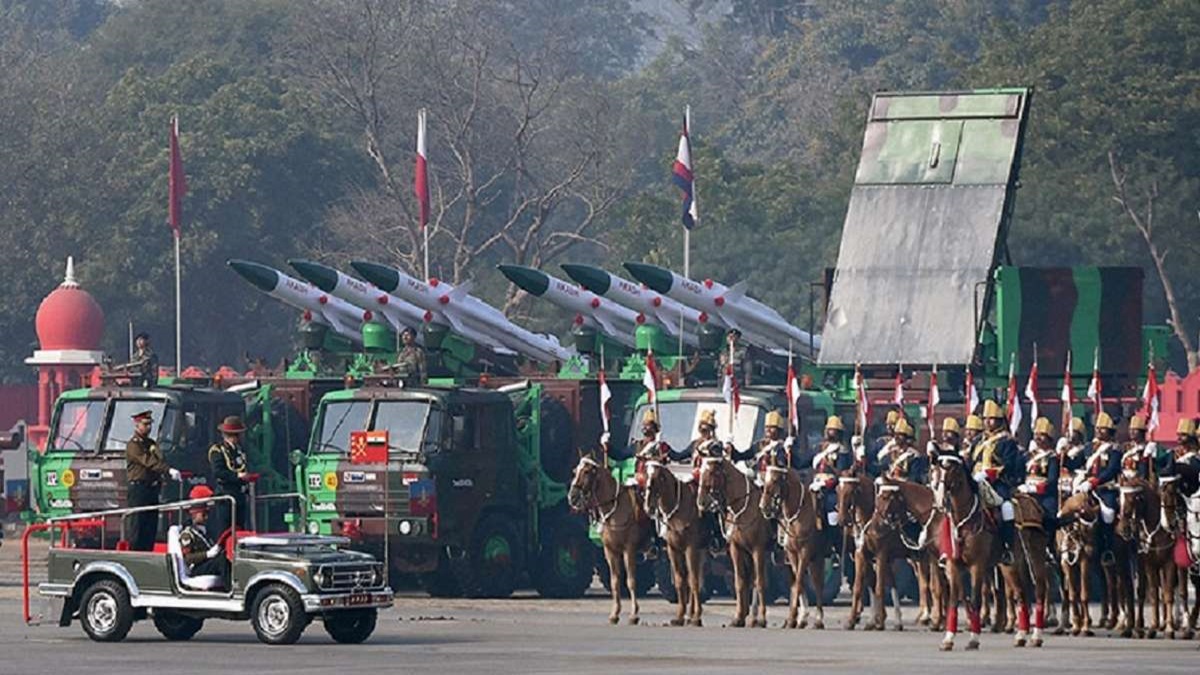

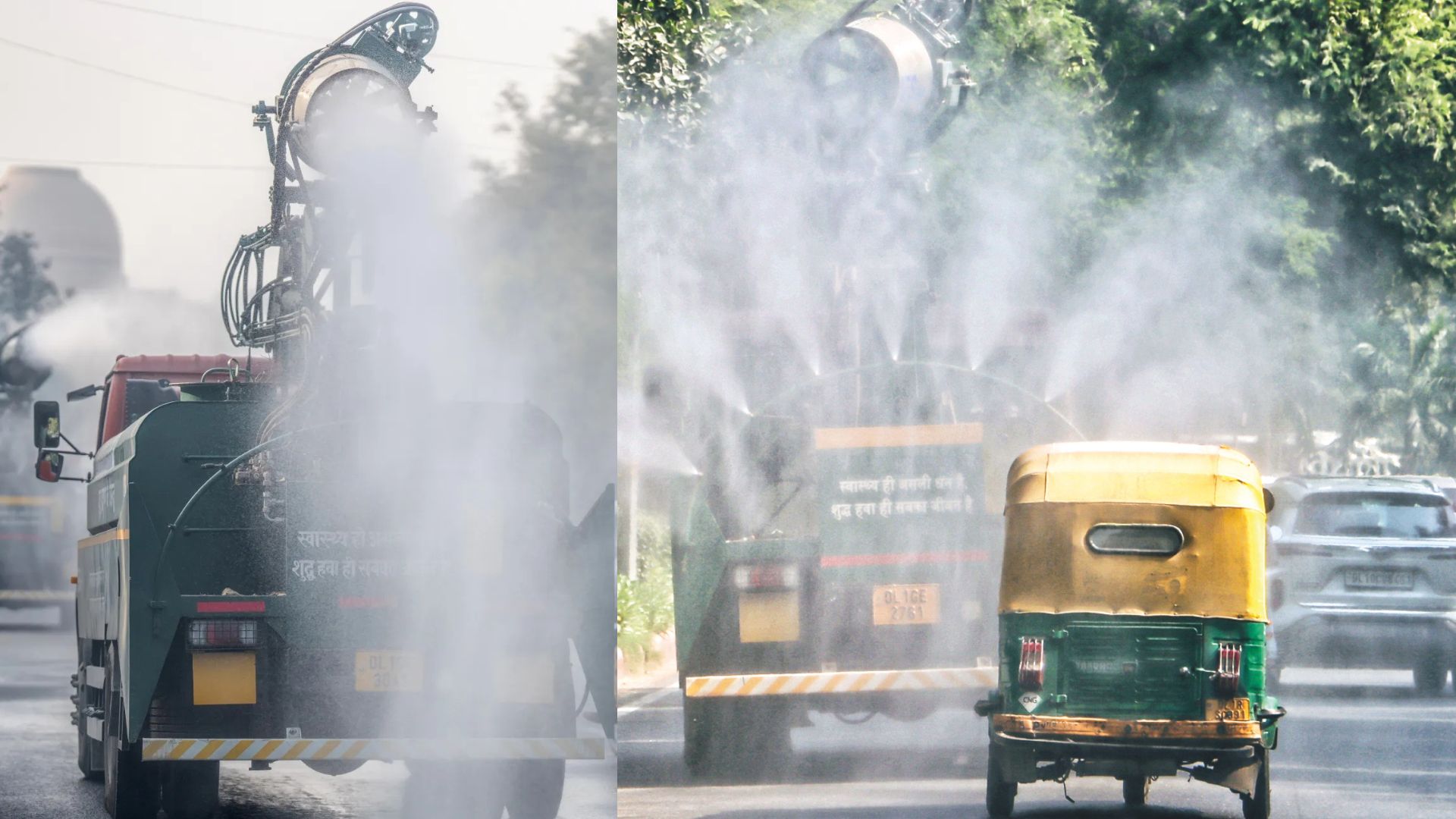
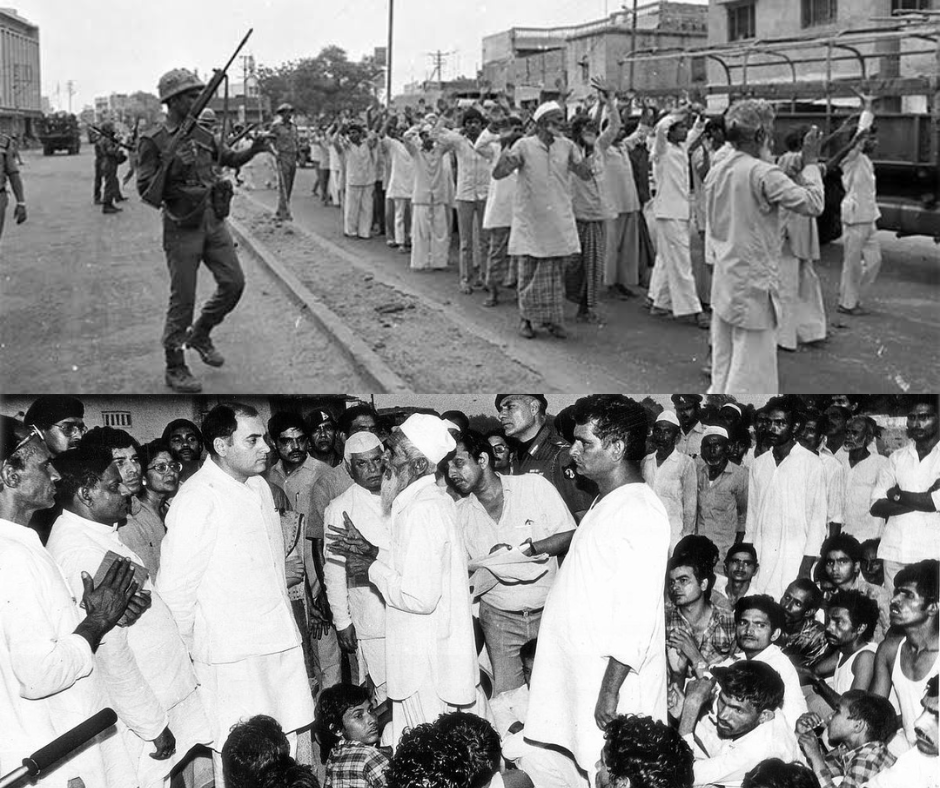
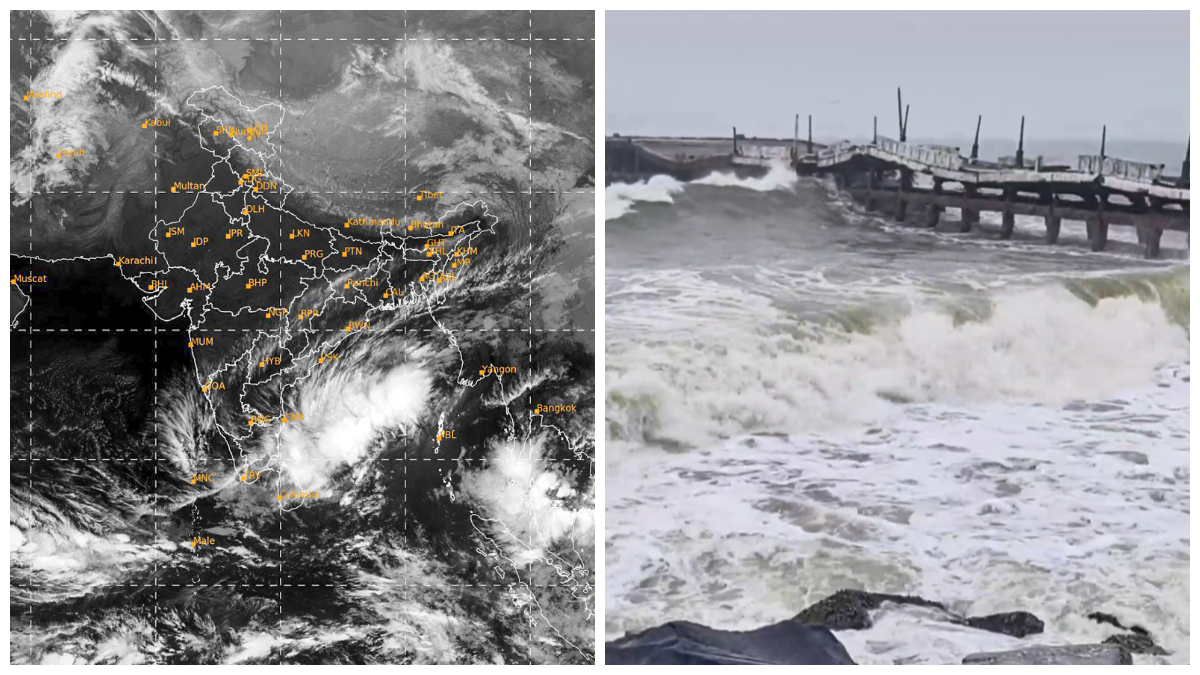



.jfif)
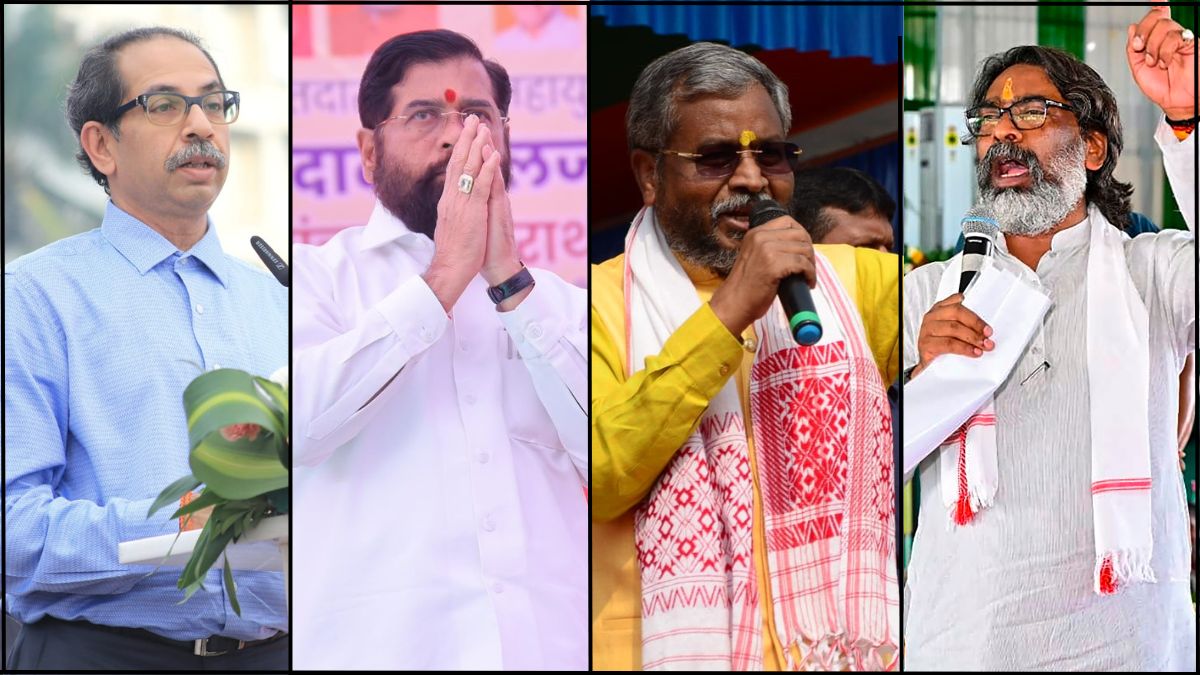


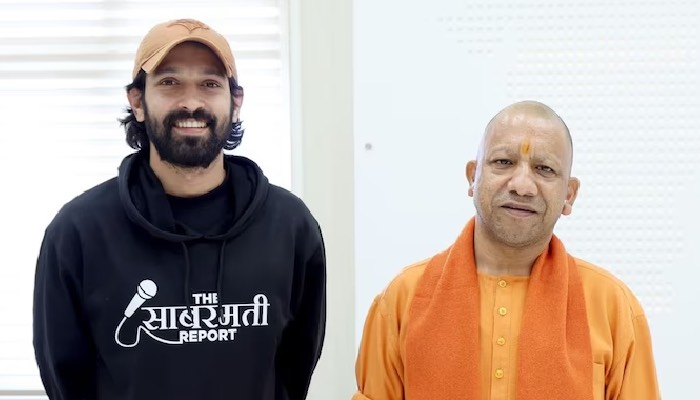
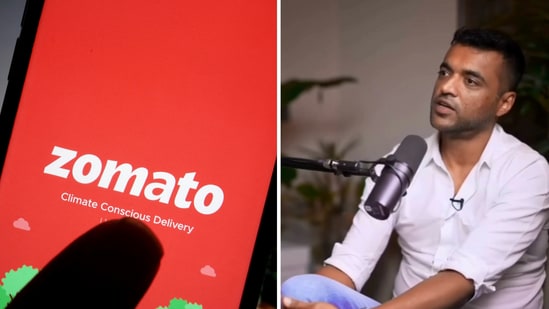
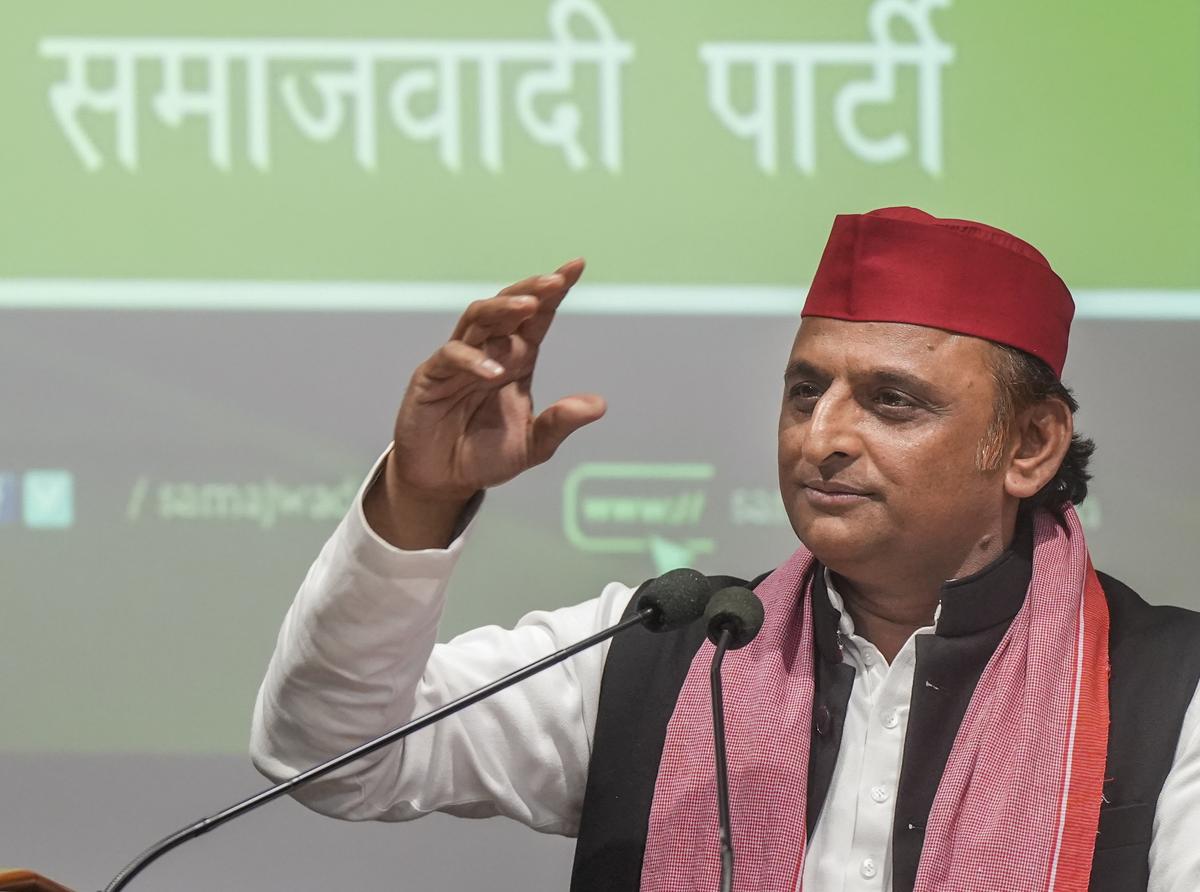

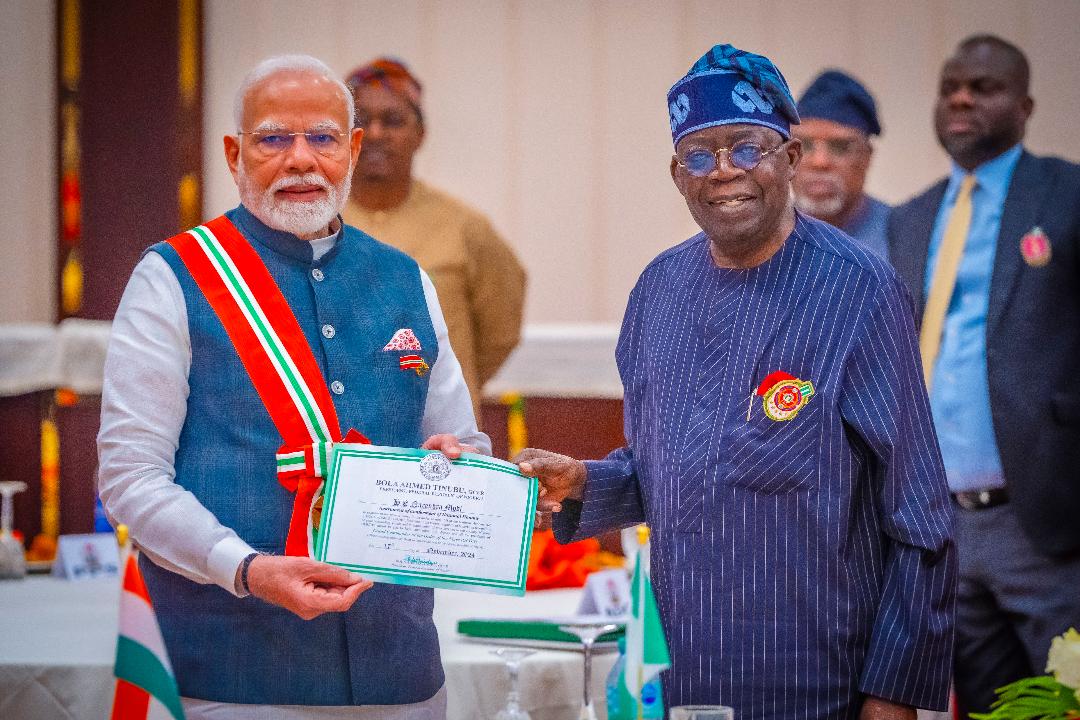

.jpg)



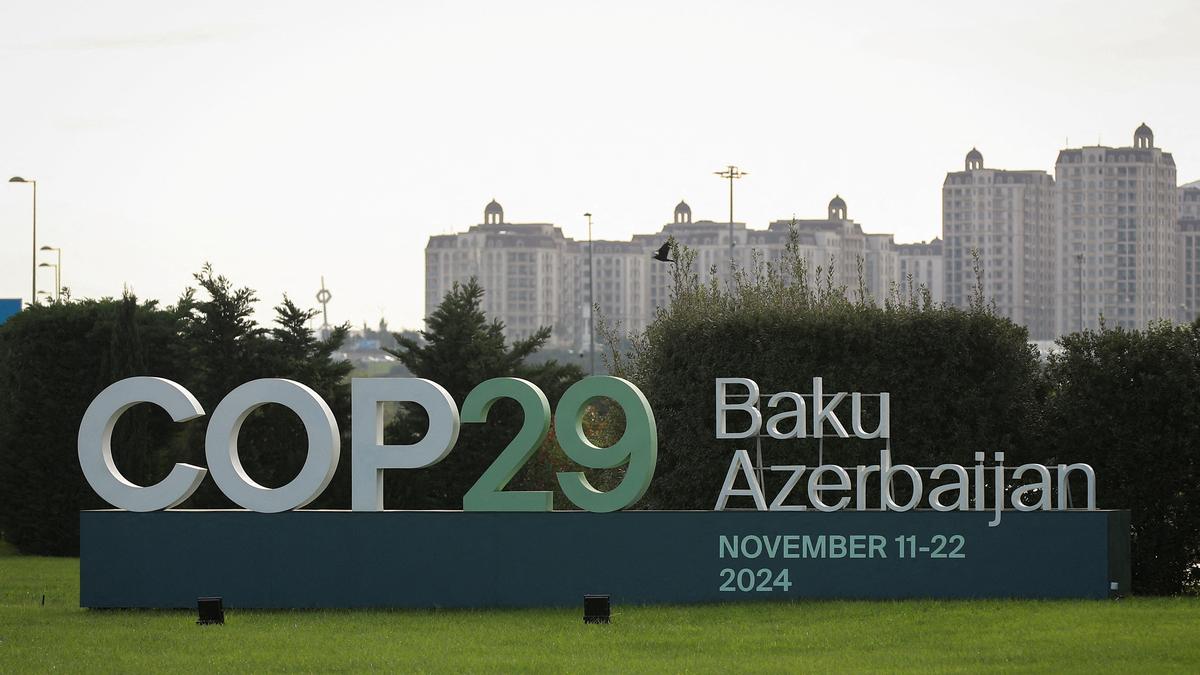

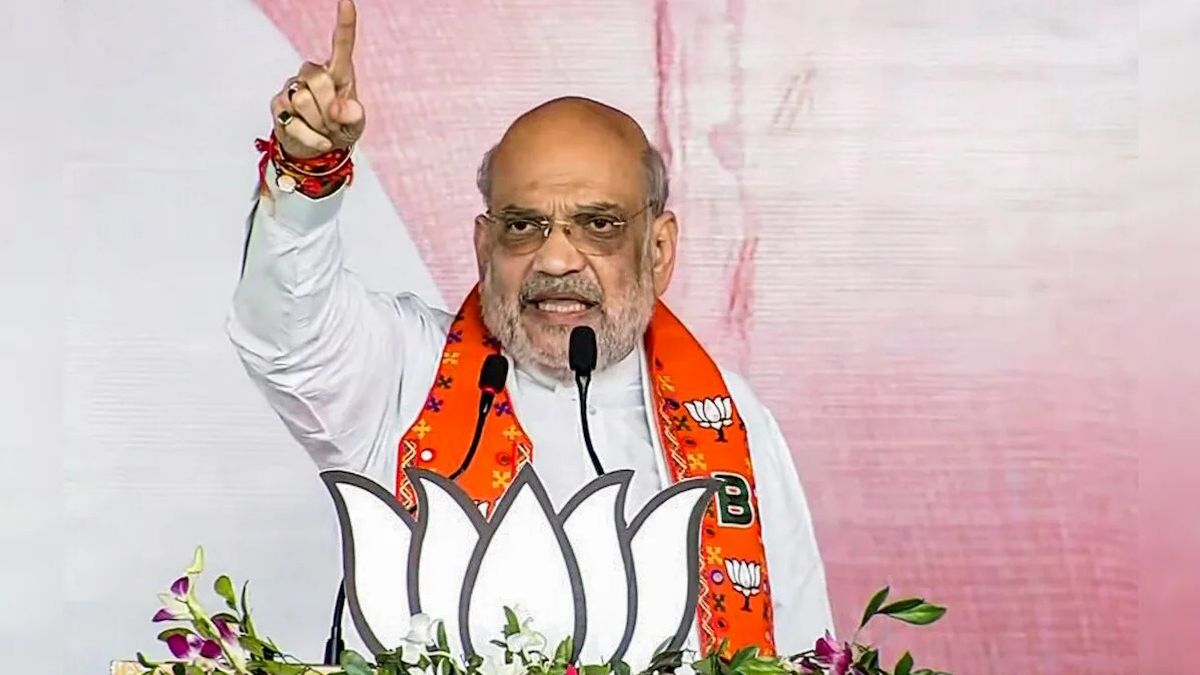
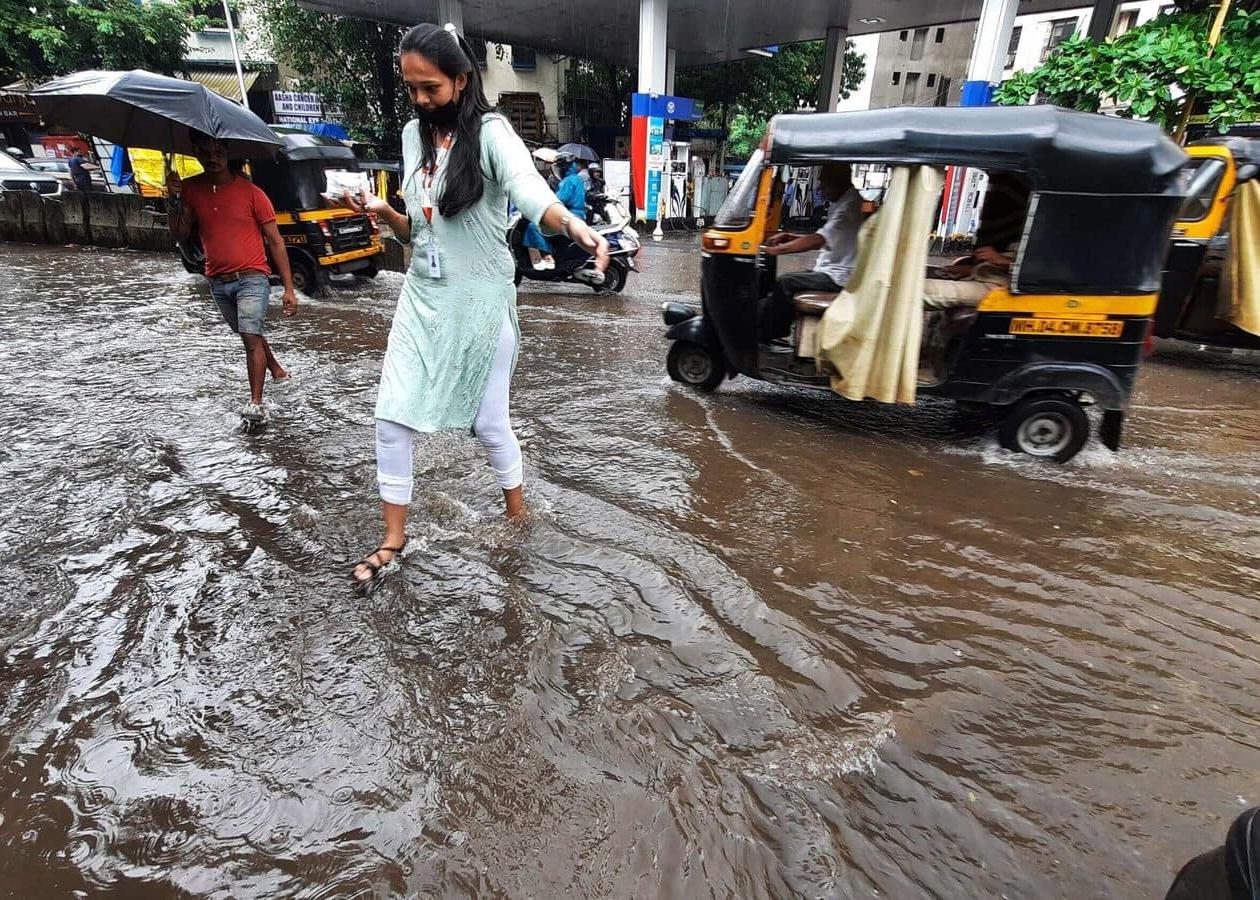



























































































.png)
 (1).png)























